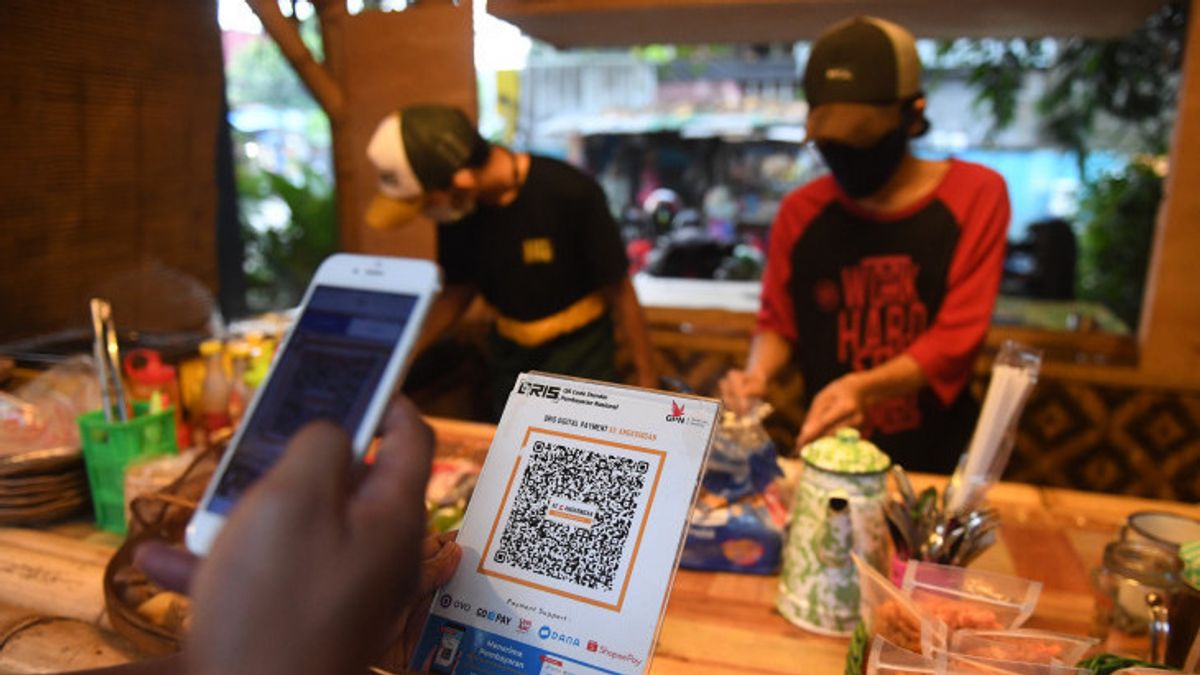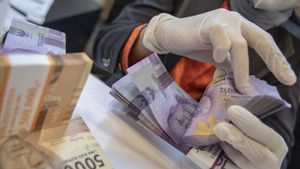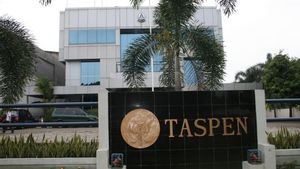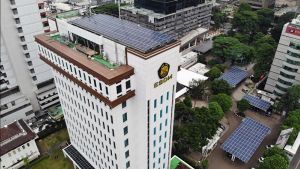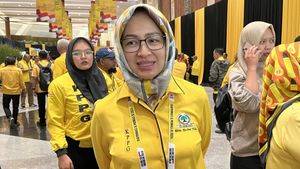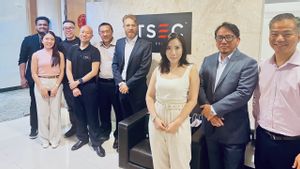JAKARTA - The Coordinating Ministry for the Economy together with the Secretariat of the Inclusive National Financial Council (SDNKI) and Pegadaian Syariah held a socialization of increasing Islamic financial inclusion at Diponegoro University, Semarang.
Deputy for Macroeconomic and Financial Coordination at the Coordinating Ministry for the Economy, Iskandar Simorangkir, said that in addition to increasing financial inclusion, this forum also contributed to the development of Islamic finance.
According to him, every stakeholder is expected to be able to collaborate in helping this effort.
"Synergy and collaboration with various parties are expected to be able to support the financial inclusion program, which is expected to help accelerate the national economic recovery," he said in a press statement on Saturday, August 27.
Iskandar added that acceleration of improving the quality of human resources and economic transformation requires coordination and synergy with all parties, including universities.
The financial inclusion socialization program is expected to provide a more in-depth understanding to students and MSMEs, so that it can be a provision for those who want to start a business.
"I hope that universities can increase their role, not only as a place of learning, but also as an introduction for students or graduates who want to become entrepreneurs," he said.
For information, Indonesian entrepreneurs are currently dominated by young business actors aged 25 to 34 years. As is the case with the MSME segment, the youth segment is a priority for the Government's efforts to increase financial inclusion by 90 percent in 2024.
To increase the business scale for MSMEs to advance to class requires adequate access to financing, one of which is through Sharia People's Business Credit (KUR).
Until July 2022, the realization of Islamic KUR was recorded to have reached Rp8.34 trillion with 370,845 customers. This financing consists of Super Micro KUR, Micro KUR, and Small KUR.
"The increase in MSME capacity through strengthening inclusive financing access is expected to be able to encourage MSMEs to advance to class," concluded Iskandar.
The English, Chinese, Japanese, Arabic, and French versions are automatically generated by the AI. So there may still be inaccuracies in translating, please always see Indonesian as our main language. (system supported by DigitalSiber.id)
